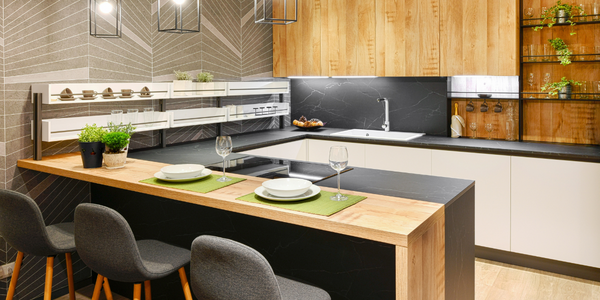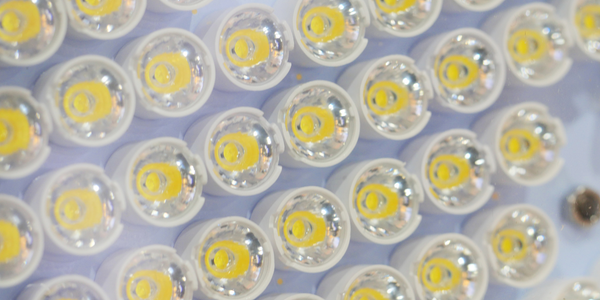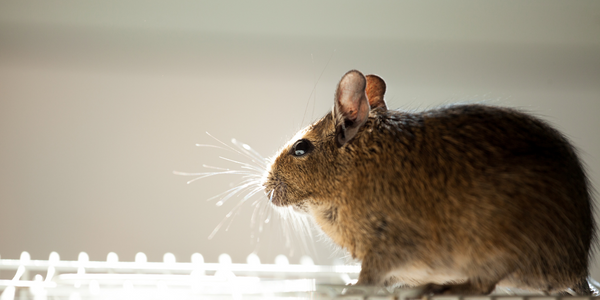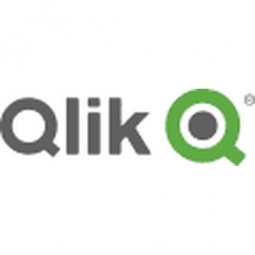下载PDF
Well informed decisions with QlikView – the key to success in the furnishing industry for Furninova
技术
- 分析与建模 - 实时分析
适用行业
- 消费品
适用功能
- 商业运营
- 销售与市场营销
用例
- 质量预测分析
- 库存管理
服务
- 数据科学服务
挑战
Furninova, a leading manufacturer of household indoor furniture, was facing challenges with its existing manufacturing planning system (MPS). The system, which was used to manage all aspects of production, had limited capabilities to provide sales or statistical reporting. This was causing delays in generating reports across multiple functional areas of the business and affecting the accuracy and timeliness of analysis, which in turn was impacting business decisions. The company needed a tool that could capture information from various systems and provide quick views, analysis and on-the-fly reports. Management needed this capability to anticipate customer trends and make better and more informed decisions.
关于客户
Furninova is a leading manufacturer of household indoor furniture, including couches, sofas, and armchairs. The company is headquartered in Bjarnum, Sweden, and has a production facility located in Poland. The Furninova group has a turnover rate of €43 million per year and markets its furniture throughout Europe and Asia. The company employs 675 people and has sales offices across Europe. Furninova had a manufacturing planning system (MPS) in place at its Bjärnum and Poland locations, which was used to manage all aspects of production. However, the system had limited capabilities to provide sales or statistical reporting, which was causing challenges for the company.
解决方案
Furninova decided to implement QlikView, a business intelligence tool, after being impressed with its demo. The tool was implemented company-wide and integrated with its MPS in Bjärnum and Poland. QlikView was used to pull data from the MPS, Interbase and Excel files, enabling Furninova to analyze sales, production costs, customer service and commissions. The goal was to improve corporate profitability. With QlikView Server, Furninova employees were able to work from a single version of the truth through a common dashboard. The implementation of QlikView also served as an early warning system, pointing out any potential problem areas or mistakes before they became a serious issue. Furthermore, Furninova was able to run profitability analysis to see which products were selling and which ones were not, allowing the company to adjust its production plans accordingly.
运营影响
数量效益
相关案例.
.png)
Case Study
Improving Vending Machine Profitability with the Internet of Things (IoT)
The vending industry is undergoing a sea change, taking advantage of new technologies to go beyond just delivering snacks to creating a new retail location. Intelligent vending machines can be found in many public locations as well as company facilities, selling different types of goods and services, including even computer accessories, gold bars, tickets, and office supplies. With increasing sophistication, they may also provide time- and location-based data pertaining to sales, inventory, and customer preferences. But at the end of the day, vending machine operators know greater profitability is driven by higher sales and lower operating costs.

Case Study
Series Production with Lot-size-1 Flexibility
Nobilia manufactures customized fitted kitchens with a lot size of 1. They require maximum transparency of tracking design data and individual processing steps so that they can locate a particular piece of kitchen furniture in the sequence of processes.

Case Study
American Eagle Achieves LEED with GE LED Lighting Fixtures
American Eagle Outfitters (AEO) was in the process of building a new distribution center. The AEO facility management team decided to look at alternate options for lighting layout that could provide energy and maintenance savings. AEO would need a full-time maintenance employee just to replace burned-out fluorescent tubes.

Case Study
Revolutionizing Rodent Control
From pet- and child-safe traps, to touch-free and live-catch rodent control solutions, Victor continues to stay committed to producing superior products that meet the varying needs of today’s pest control professionals. And, with a long standing history supporting customers in the food processing, service, and retail settings, Victor knew that strict regulations were costing organizations thousands of dollars in excess overhead trying to manage their rodent-control solutions. Trap inspections in these environments are often difficult and time consuming, requiring personnel to manually check a trap’s status multiple times per day, amounting to over six hours of manual labor. Victor is looking for an innovative way to increase operational efficiencies with the use of technology.







